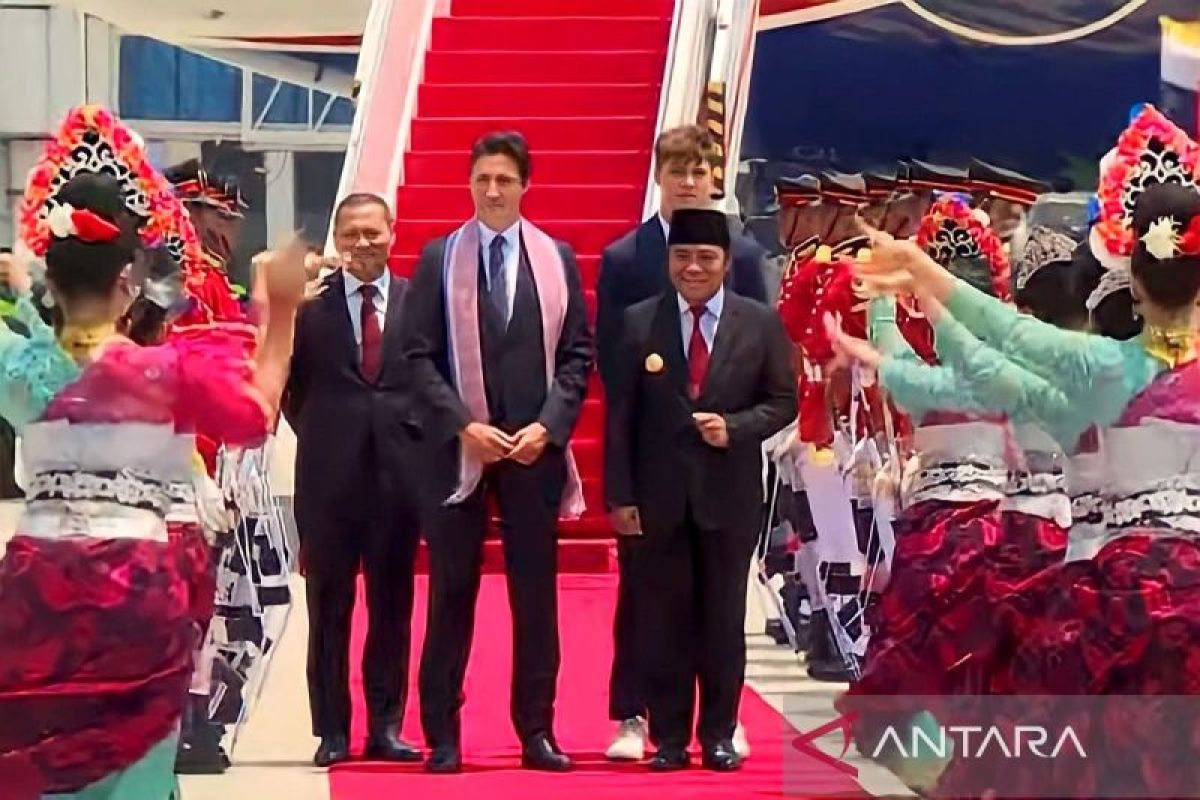Chinese Vice Foreign Minister Sun Weidong summoned the Japanese ambassador to protest “frustration over China-related issues” at the Group of Seven (G7) summit this weekend, he said. the Foreign Ministry said in a statement.
Leaders of the world’s richest countries gathered in the Japanese city of Hiroshima expressed deep concern over rising tensions in the East and South China Seas and voiced concern over the human rights situation. man in China, especially in Tibet and Xinjiang.
Sun said Japan had collaborated with other countries at the G7 summit “in joint activities and statements…to tarnish and attack China, grossly interfere in China’s internal affairs, violate the fundamental principles of international law and the spirit of the four political documents between China and Japan,” referring to the 1972 Sino-Japanese joint communiqué.
A joint statement released Saturday by the G7 countries singled out China on issues ranging from Taiwan and maritime claims to economic coercion and human rights, highlighting tensions between Beijing and a group of wealthy nations, including the United States.
“Anti-Chinese”
On Monday, China’s state-backed Global Times newspaper called the G7 an “anti-China workshop”.
“The United States is trying to weave an anti-China web in the Western world,” the Global Times said in an op-ed titled “The G7 descended into an anti-China workshop” on Monday.
“It is not only a matter of brutal interference in China’s internal affairs and defamation of China, but also an undisguised push for confrontation between the camps.”
Beijing’s foreign ministry said it strongly opposed the G7 statement and said it had summoned the Japanese ambassador as part of its protest to the summit hosts.
Russia, a close ally of China that was also named in the G7 statement for its invasion of Ukraine, said the summit was an “incubator” for anti-Russia and anti-China hysteria.
Separately, the Chinese Embassy in Britain on Sunday urged London to stop slandering China, after British Prime Minister Rishi Sunak said Beijing posed the world’s biggest challenge to security and prosperity.
Despite Beijing’s strong reaction, US President Joe Biden has said he expects frozen relations with China to thaw “soon”.
In addition to Japan, the United Kingdom and the United States, the group also includes Canada, France, Germany and Italy.
China strongly condemns British Prime Minister Rishi Sunak’s malicious slander against China, urging some British politicians to focus more on their long-standing domestic political, economic and social issues rather than following the US into trouble, said said the Chinese Embassy in the UK. pic.twitter.com/NDoDZsIMTA
— Global Times (@globaltimesnews) May 22, 2023
japanese reaction
Sun said Japan’s actions harm China’s sovereign, security and development interests.
“Japan should improve its understanding of China, understand strategic autonomy, adhere to the principles of the four political documents between China and Japan, and truly promote the development of a stable bilateral relationship with a constructive attitude,” he said. -he adds.
Hideo Tarumi, Japan’s ambassador to China, denied accusations saying it was “natural” for the G7 to refer to issues of common concern as it has done in the past and will continue to do so at the future until China changes. . his behavior, according to the reading.
“China should first take positive steps to address the issue of concern if China demands not to refer to it,” Tarumi told The Sun, according to the reading.
Japan’s chief cabinet secretary, Hirokazu Matsuno, told a briefing on Monday morning that the country’s policy towards China is consistent and will emphasize what is necessary and encourage responsible behavior while taking steps to solve problems and cooperate on common problems.
Get updates latest news And viral news, football news and other world news daily only on Drita.com.

“Thinker. Hardcore web aficionado. Zombie evangelist. Pop culture trailblazer. Student. Passionate twitter maven.”



.jpeg)



